Publication Ethics
IJAOS journal is committed to sustaining the highest standards of publication ethics. Authors should submit their works to IJAOS for publication as an original article. IJAOS encourages integrity in research, writing, and peer review by presenting the gold-standard for editorial processes across the scholarly disciplines. The editors should strive to meet the needs of readers and authors; strive to constantly improve their journal; have processes in place to assure the quality of the material they publish; champion freedom of expression; maintain the integrity of the academic record; preclude business needs from compromising intellectual and ethical standards; always be willing to publish corrections, clarifications, retractions and apologies when needed.
Authors' responsibilities
- To maintain accurate records of data associated with their submitted manuscript, and to supply or provide access to these data, on reasonable request. Where appropriate and where allowed by employer, funding body and others who might have an interest, to deposit data in a suitable repository or storage location, for sharing and further use by others.
- To confirm/assert that the manuscript as submitted is not under consideration or accepted for publication elsewhere. Where portions of the content overlap with published or submitted content, to acknowledge and cite those sources. Additionally, to provide the editor with a copy of any submitted manuscript that might contain overlapping or closely related content.
- To confirm that all the work in the submitted manuscript is original and to acknowledge and cite content reproduced from other sources. To obtain permission to reproduce any content from other sources.
- Authors should ensure that any studies involving human or animal subjects conform to national, local and institutional laws and requirements and confirm that approval has been sought and obtained where appropriate. Authors should obtain express permission from human subjects and respect their privacy.
- To declare any potential conflicts of interest (e.g. where the author has a competing interest (real or apparent) that could be considered or viewed as exerting an undue influence on his or her duties at any stage during the publication process).
- • To notify promptly the journal editor or publisher if a significant error in their publication is identified. To cooperate with the editor and publisher to publish an erratum, addendum, corrigendum notice, or to retract the paper, where this is deemed necessary.



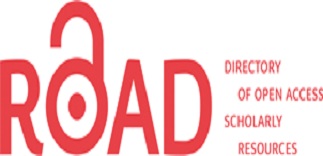
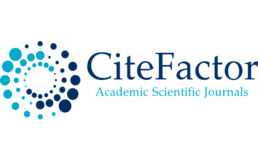
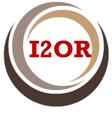
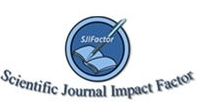
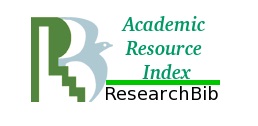



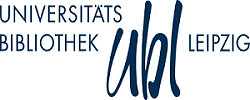

 Telegram
Telegram  Twitter
Twitter Facebook
Facebook  Google Plus
Google Plus  Email
Email  Linkedin
Linkedin 